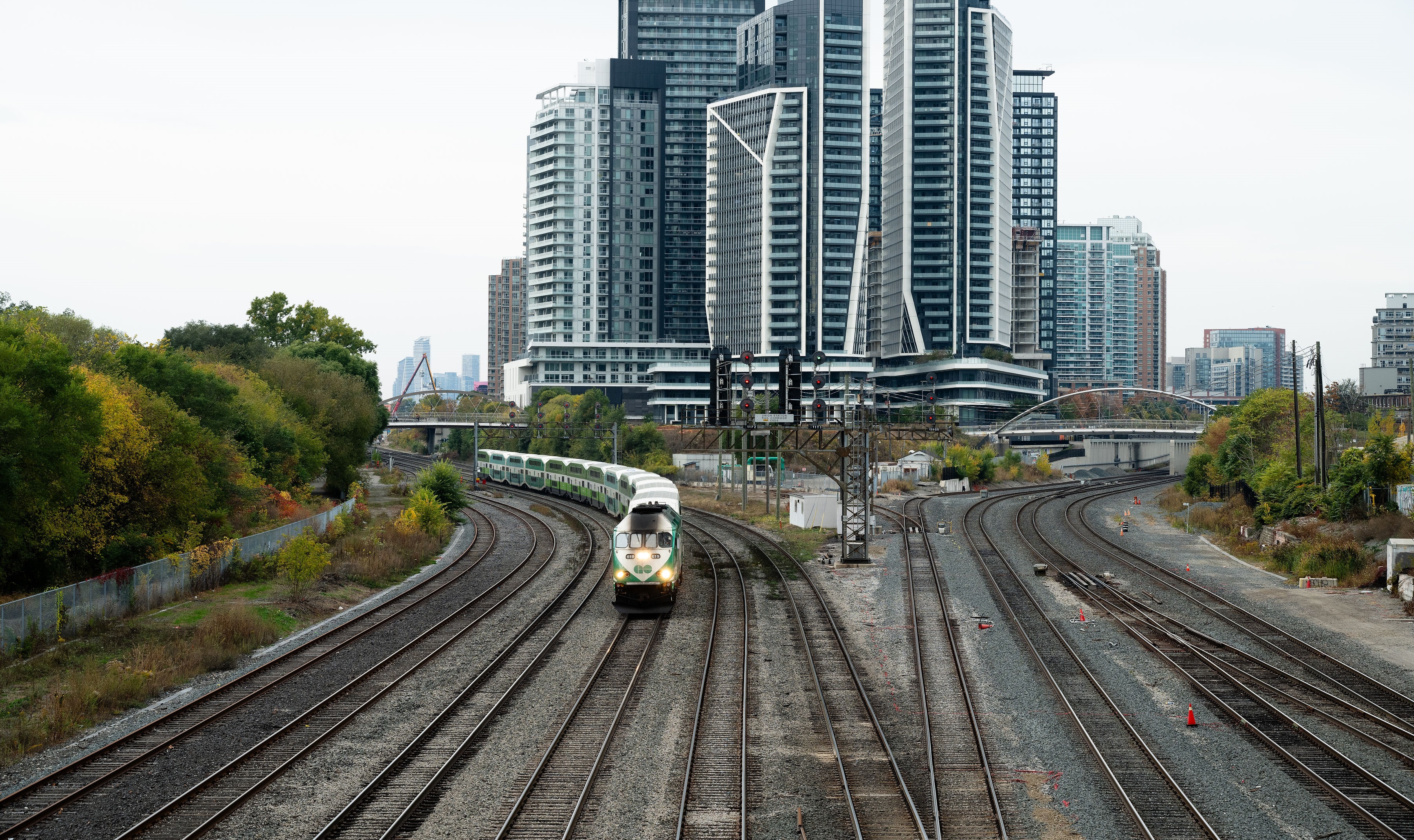Not sure if you know this, but when GO schedules their employees and assign them trains, do they take into consideration where the employees live? Do they typically try to assign their staff to work the line closest to where they live?
It’s actually the exact opposite. There is zero consideration for where staff live(though, to be fair, very few large employers take this into account). Instead, staff are expected to relocate or commute to accommodate service needs. The frustration arises when significant changes are frequently made to starting locations following service adjustments.
For example, several jobs based out of Kitchener and Barrie were reassigned to Willowbrook in the last couple years due to service changes. The reduction in jobs at those outposts meant that many crew members who had previously started in Barrie and Kitchener now had to drive themselves to Willowbrook, just to work a Barrie or Kitchener job. Then they would begin their shift by driving a company van
all the way back to Barrie or Kitchener-I kid you not!! Before operating a train back down to Toronto. After completing their run(s), they would trade off at Union, deadhead to Mimico, walk back to Willowbrook concluding their shift, before driving all the way back home to Kitchener or Barrie. Previously, those same crews would work split shifts: one morning trip from Barrie to Union, and one evening trip back, some times with a short flip added in. But due to increased utlization of trains for mid-day service, the company came up with this convoluted scheduling.
Forsure, changes had to be made because trains that used to sit unused in the yard during the midday between rush hour trips were now being utilized for mid day service. However, the way Alstom went about it not only created massive fatigue on these crews by forcing them to unnecessarily drive several extra hours per day, it also wasted valuable train operating time on van driving. This all could have been resolved much more sensibly had they simply incorporate a private transportation service-
which they had done in the past.
Here's an 'example' breakdown of what I mean;
Shift Breakdown
Originally:
- 5:00 a.m. – 9:00 a.m. ("A half" of split shift)
- Start shift, prep train and leave the layover
- Operate Barrie to Union
- Yard train at Willowbrook
- 3:00 p.m. – 7:00 p.m. ("B half")
- Start shift, prep train, operate from Willowbrook to Union
- Then Union to Barrie
- Yard at the layover
Company Changes:
- 3:00 a.m. – 11:00 a.m. (now a Straight shift)
- Said Barrie crew must now first drive to Toronto
- Shift starts at Willowbrook
- Crew drives company van to Barrie (arrive 5:00 a.m.)
- Prep train and leave the layover
- Operate Barrie to Union (arrive 7:30 a.m.)
- Operate Union to Mount Joy and back (arrive 10:00 a.m.)
- Trade off at Union
- Deadhead to Mimico
- Walk to Willowbrook
- Off duty at 11:00 a.m
- Crew memebrs drive back to Barrie
Better Alternative Option:
- 5:00 a.m. – 1:00 p.m. (Straight shift as well)
- Shift starts at Barrie
- Prep train and leave the layover
- Operate Barrie to Union (arrive 7:30 a.m.)
- Operate Union to Mount Joy and back (arrive 10:00 a.m.)
- Operate Union to Bramalea and back (arrive 11:30 a.m.) - additional flip!
- Trade off at Union
- Private taxi/transport service drives the crew back to Barrie
Not only does this Barrie crew save themselves and couples of hours worth of driving time per day, but they'd get an additional train flip out of them rather than that time being wasted just back up to Barrie. Why not just move to Toronto? Because these changes happen all the time. This change lasted for about a year or so before it was reversed. As to what started this stupidity;
-the company(Bombardier at the time) got rid of the private contractor they had taxing crews years ago. Afaik CPKC, CN and VIA crews are all still driven to locations by transportation contractors. Tbf there were many complaints about the service, but there are other companies they could have used, but safe to say they would cost more.
-the company must have figured it was cheaper to make crews drive themselves, even considering they had to buy/leased vans and insure them.
-once the vans were procured the decision was essentially set in stone. And while I don't beleive anything as egregious as the above is happening anymore, many crews still spend countless hours driving vans at the start or end of their shifts.






